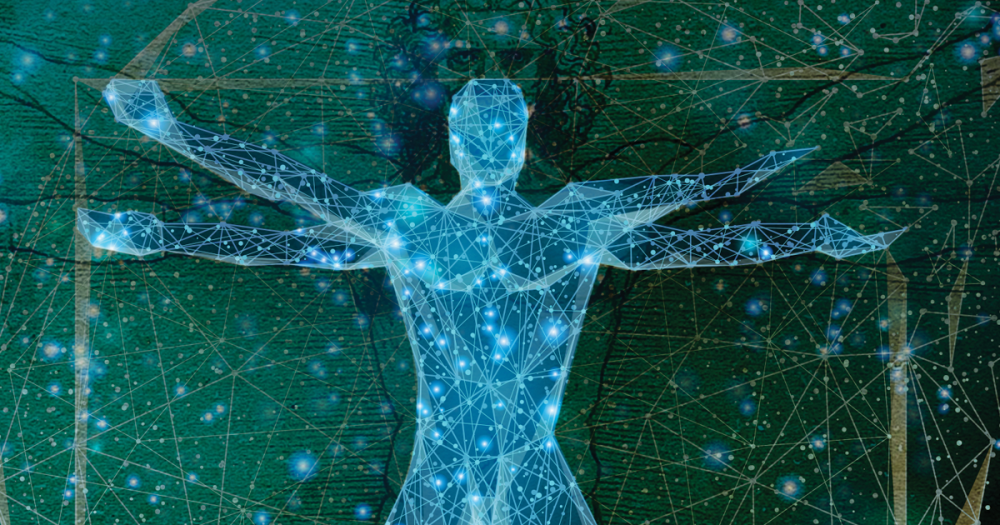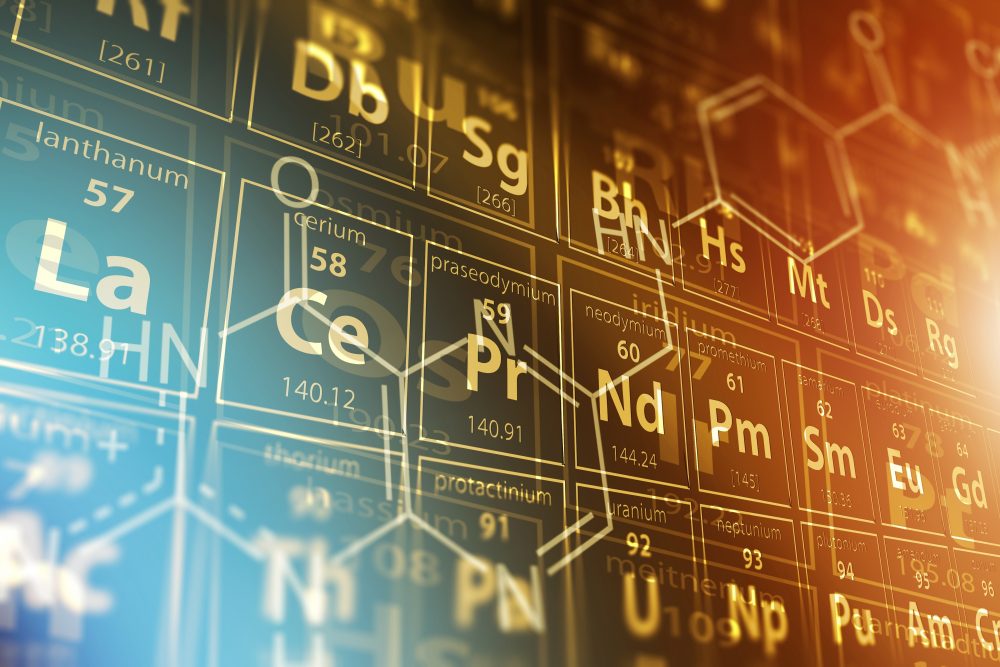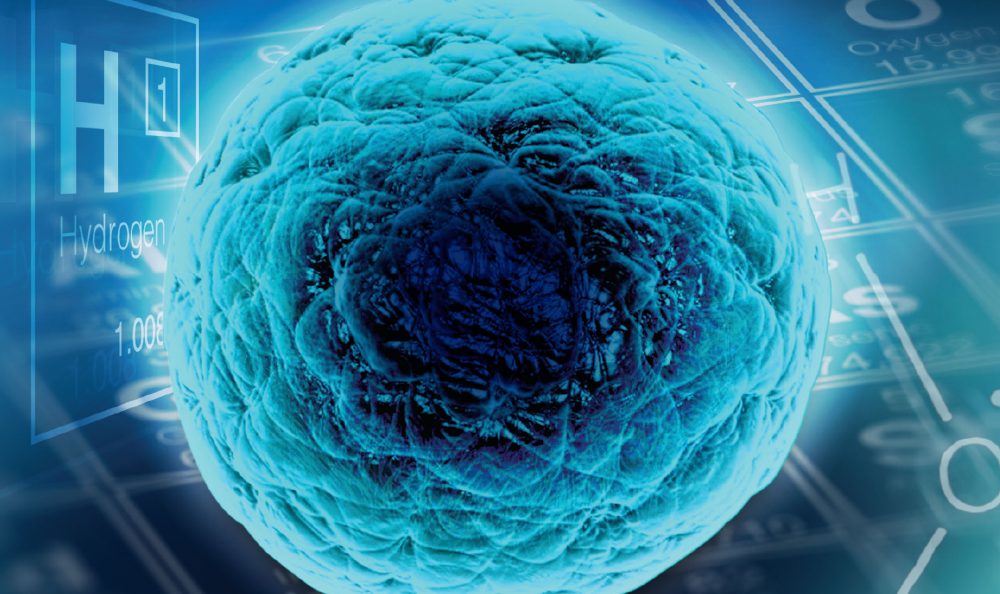


The Miracle of Man: Fine Tuning for Blood and Breath
In Part 3 of The Miracle of Man interview with author Michael Denton, the Australian biologist and MD explores with host Eric Anderson some of the bioengineering marvels of the human lung and, more fundamentally, some of the many things about chemistry, the sun, and planet Earth that had to be just so to allow our respiratory and circulatory systems to work—not merely as well as they do but at all. It’s fine tuning for creatures very much like ourselves, what Denton terms The Miracle of Man. “Denton provides the a scientific underpinning for a theistic real humanism far beyond the nihilistic implications of so-called secular humanism,” writes German paleontologist Günter Bechly. “The book deserves to become a game changer Read More ›

Michael Denton: The Miracle of Man Rests on a Primal Blueprint
This ID the Future continues Miracle of Man author Michael Denton’s conversation with host Eric Anderson about his latest book. The focus of this capstone work in his Privileged Species series is, as the subtitle explains, The Fine-Tuning of Nature for Human Existence. Here Denton and Anderson dive deeper into the book’s argument that science has uncovered multiple ensembles of fitness for creatures much like ourselves—land-going, airbreathing, intelligent bipeds capable of controlling fire and developing new technologies. In other words, it’s not just a handful of things about nature that appear fine tuned for our existence. It’s a long list of things, and indeed, a long list of interdependent ensembles of prior fitness—what Denton sometimes refers to as a “primal Read More ›

Michael Denton Discusses The Miracle of the Cell
On this episode of ID the Future, Eric Anderson speaks with biochemist Michael Denton about Denton’s new book The Miracle of the Cell, part of his continuing Privileged Species series exploring nature’s fine tuning for life. New research keeps unveiling ever more ways in which this fine tuning exists, from the cosmos to the atoms of the periodic table, even to the subatomic level of quantum tunneling. As for the cell itself, It is as if scientists are discovering a “third infinity,” says Denton.

Dr. Michael Denton on Evidence of Fine-Tuning in the Universe
On this year 2012 episode of ID the Future from the vault, Australian biochemist Michael Denton discusses various ways the universe is uniquely fit for carbon-based life, and perhaps even human life. Denton argues that when it comes to evidence of fine-tuning in the universe, the more you look, the more you find. Tune in to discover what he has found that has led him to the inference that our world is intelligently designed. Denton is author of the new book The Miracle of the Cell, where he brings his fine-tuning arguments up to date with a fascinating dive into the extraordinary fine tuning of the chemical elements of life.

A Reading from Michael Denton’s New Book, The Miracle of the Cell
On this episode of ID the Future, Andrew McDiarmid reads an excerpt from the new book The Miracle of the Cell by Michael Denton. Denton, a biochemist from Perth, Australia, and senior fellow of Discover Institute’s Center for Science and Culture, introduces the wonders of the cell as “the universal constructor set of life.” The diversity of cells — their variety of form, function, and locomotion — is beyond describing, with some cells almost seeming sentient, even ingenious. As Denton notes, our growing knowledge of the cell’s staggering sophistication has provoked the name “the third infinity.” And this quick flyby of the cell is just an excerpt from the book’s introductory chapter. There Denton lays the groundwork for the book’s deeper dive into the Read More ›

John West on Darwin’s Culturally Corrosive Idea, Pt. 2
On this episode of ID the Future, hear the second half of Discovery Institute’s John West’s talk given at the 2020 Dallas Conference on Science and Faith, on how Darwinism has corroded Western culture. In this portion he examines the morally poisoning effects of Darwinism on marriage, sexual ethics, and religion, such that virtually anything can be defended as OK, and no particular culture’s ethic is to be preferred over another. Humankind’s spiritual purpose has likewise been eroded. Yet West closes with hope: science in our generation is discovering more and more signs of intelligent design and purpose in nature, and young researchers are learning that materialism shouldn’t be the foregone conclusion of contemporary science.

Michael Denton Reads the First Pages of His New Book, The Wonder of Water
In this episode of ID the Future, geneticist and biochemist Michael Denton reads the beautiful introduction to his new book, The Wonder of Water. He begins at Yosemite’s Bridalveil Fall and explores how water is curiously fine-tuned for life. Indeed, thanks to a unique cluster of properties, water is able to fulfill many roles essential to our living planet. It’s thanks to some of those properties that rivers and streams can leech and carry minerals from rock to various places they’re needed in the biosphere. Water’s unusual properties also make it an ideal medium for our circulatory system. There it serves not only to transfer nutrients and oxygen but also expel carbon dioxide, excess body heat, and waste products — again, thanks to a unique cluster of properties. Denton’s new book can be purchased here.
Read More ›